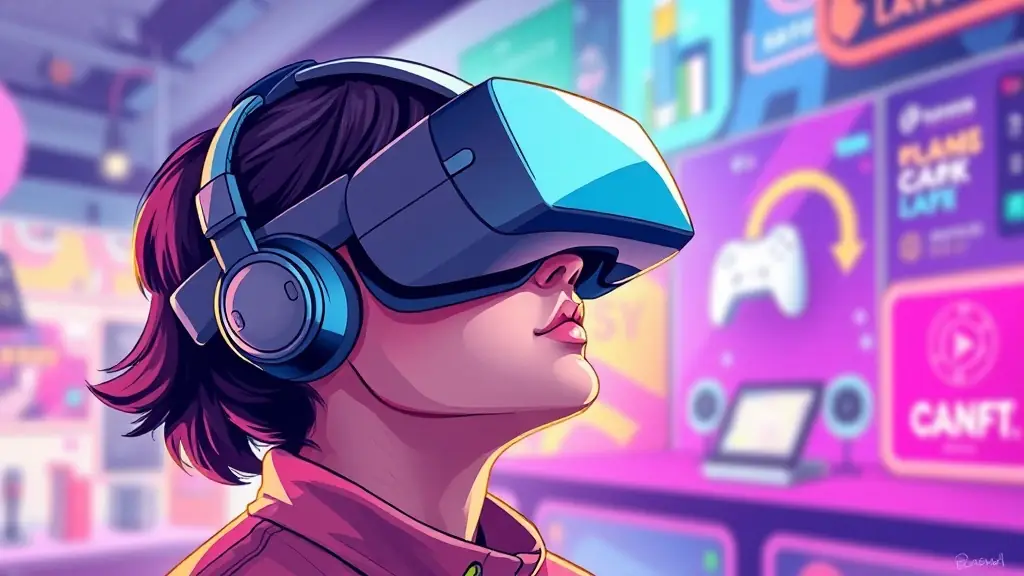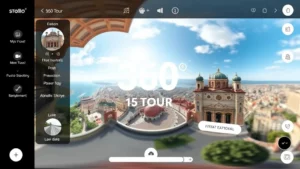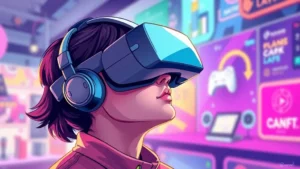Virtual reality (VR) technology is no longer just a novelty; it has become a powerful tool for enhancing customer engagement. By creating immersive environments, brands can transport their customers into a world where they can interact with products and services in a meaningful way. This level of engagement not only captivates the audience but also fosters a sense of loyalty and connection to the brand. As consumers increasingly seek personalized experiences, VR technology offers a unique solution to meet these demands.
The integration of VR into marketing strategies allows businesses to showcase their offerings in a way that traditional media cannot. For instance, a real estate company can provide virtual tours of properties, enabling potential buyers to explore homes from the comfort of their own space. This not only saves time but also enhances the decision-making process. As a result, brands that leverage VR technology can differentiate themselves from competitors and create lasting impressions on their audience.
Looking ahead, the potential for VR technology in marketing is immense. As the technology continues to advance, we can expect even more innovative applications that will redefine how brands connect with their customers. Companies that invest in VR will likely see significant returns in terms of customer engagement and brand loyalty.





